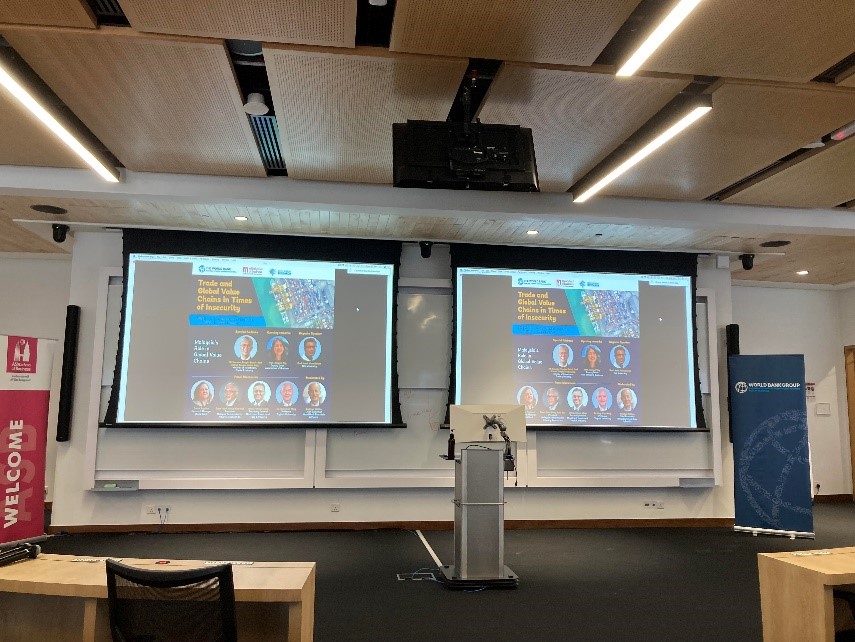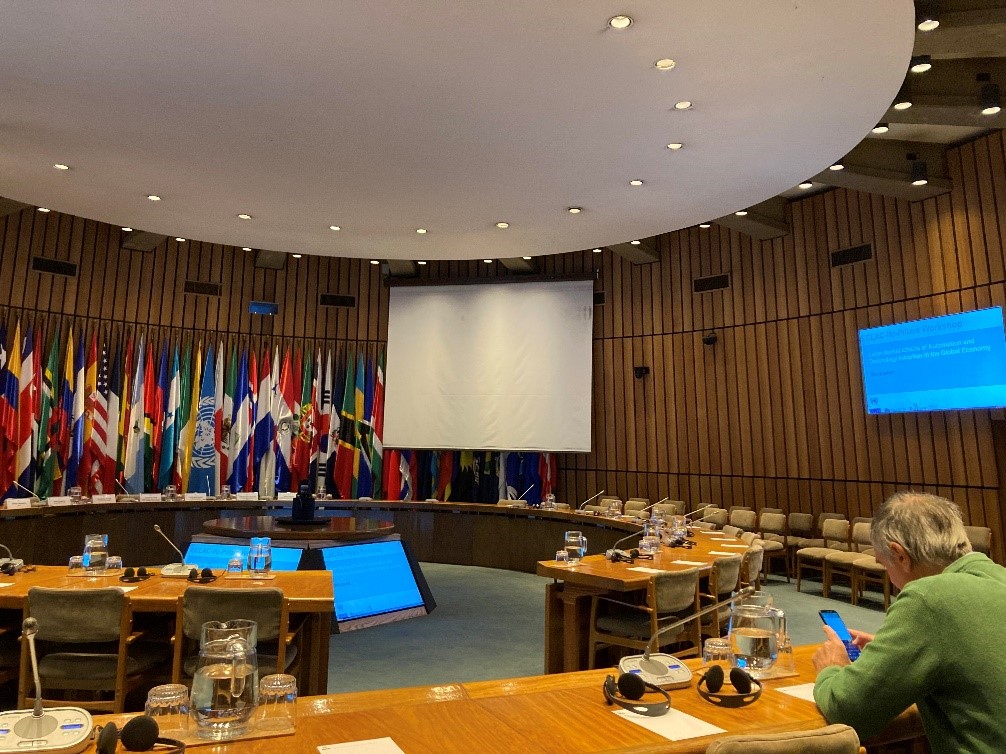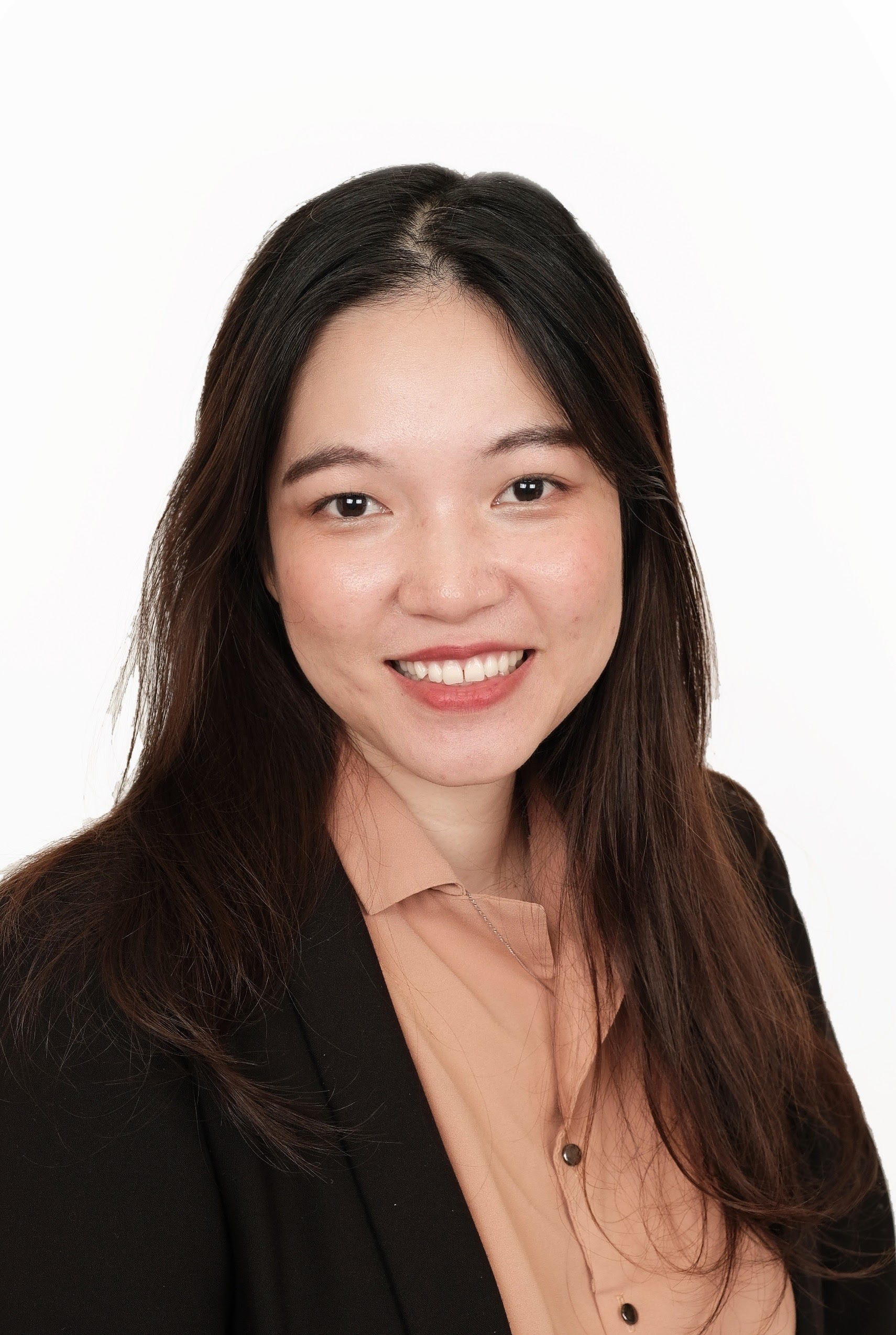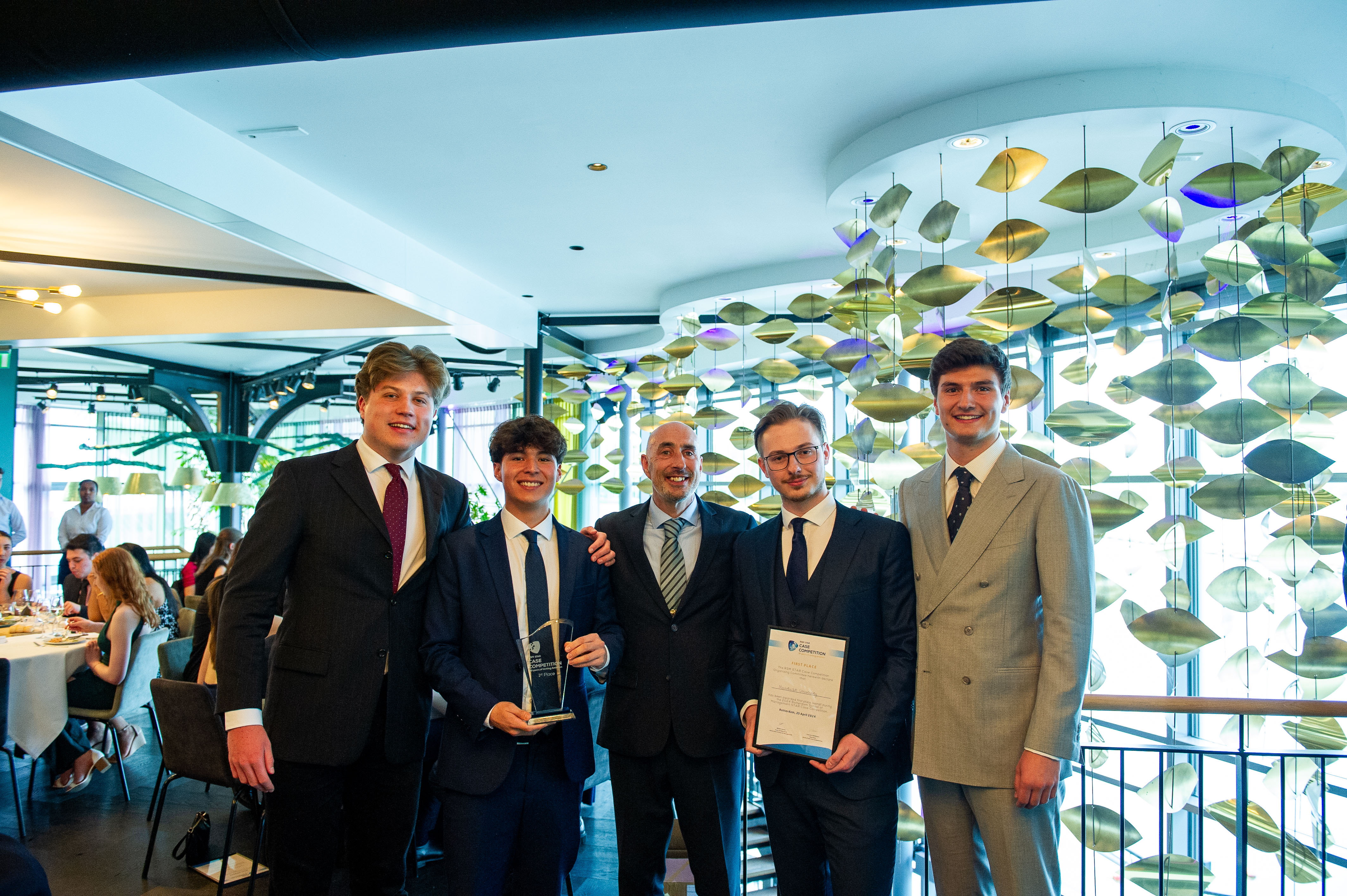Bridging the Knowledge Chasm: Policy and Academia
In today’s global landscape, the connection between government policy and academic research is key for progress. Due to time constraints, government officials often overlook the benefits of academic research in their decisions. Academics, on the other hand, may be unsure about how to approach government or contribute to rapid decision-making. My recent participation in two important conferences – the World Bank East Asia and Pacific Conference in Kuala Lumpur, Malaysia and the Pillars-ECLAC-ifo workshop in Santiago, Chile – provided insights into how academia is working to bridge these gaps and highlight the role of international organizations in this effort. This piece reflects on these experiences, shedding light on the dynamics of communication and collaboration, particularly emphasizing the distinct focus of the two regions – East Asia and Pacific and Latin America.
World Bank East Asia and Pacific region Conference: Kuala Lumpur, Malaysia – Trade and Global Value Chains in Times of Insecurity

The World Bank East Asia and Pacific region Conference, held in Kuala Lumpur, Malaysia, focused on Trade and Global Value Chains in an era marked by uncertainty. My paper, titled “Does Automation Adoption drive reshoring? A cross-country investigation” explored the relationship between technological advancements in automation adoption across countries and their impact on reshoring activities in global value chains. It delved into the nuanced effects of automation adoption has on reshoring, particularly highlighting the varying impacts across different income groups and sectors, including manufacturing and services.
The conference featured 16 presentations from global universities, international organizations, and central banks covering topics from trade tensions to automation and investment trends. It ended with a panel discussion focus on Malaysia’s participation and progression in Global Value Chains and the recent global developments. A standout moment during the panel discussion for me was when Aaditya Mattoo, the World Bank’s Chief Economist for the East Asia and Pacific region, posed a direct question to Dr. Ong Kian Ming into potential datasets and policy initiatives that academia could leverage to support Malaysia.
The event, accessible here[1], emphasized the need for data-driven policies and the crucial role of government in enabling academic research to inform global trade strategies. World Bank and similar international organizations are well-placed to serve as connectors, leveraging their experience with government officials to facilitate a meaningful exchange of knowledge. They can effectively gather academics from various regions, enabling them to share their research and insights with local governments in specific areas.
[1] including presentations, papers, and recordings
PILLARS-ECLAC-ifo Workshop: Santiago, Chile – Labor Market Effects of Automation and Technology Adoption in the Global Economy

In Santiago, Chile, a workshop as a result of a collaboration between PILLARS, ECLAC and ifo institute were centered on the impacts of automation and technology in the global economy, particularly within labor markets. The welcoming address and panel discussion started the workshop and set the tone for an exploration into the challenges facing Latin America. As a presenter, I focused on the interaction between automation technologies and firm export activities, using French firm-level data from 2002 to 2017.
The conference, as detailed in the workshop report, fostered a dynamic interplay between academic research and policy-making. One of the defining moments for me was a query from a Chilean policy
official. He asked for my advice to the government in light of our findings. We underscored the nuanced nature of technology adoption – while it offers benefits, it’s not straightforward and requires government support for firms during this transition. It highlighted that understanding and leveraging technology in the export sector is not just about adoption; it involves supporting firms through the subsequent changes and challenges.
During the workshop, I also learned about the focus of the governments from the Latin America region. Their development model focuses on building sufficient flexibility to adjust to technology adoption and ensure worker’s security in the process of transition into automation and digital technologies adoption. The workshop has confirmed how research findings could inform policy decisions and emphasize the importance of governmental guidance in the complex journey of technology adoption.
Communication and Collaboration: The Crucial Link
These conferences underscored the need for effective communication between academia and policymakers. Bridging the knowledge chasm requires a shared language—one that translates complex research findings into actionable policy steps. The challenge lies in presenting academic rigor in a manner that resonates with policymakers' real-world concerns.
Effective communication also involves actively seeking policymakers' perspectives. Understanding their priorities and constraints enables researchers to tailor their findings to address immediate needs. For me, these conferences were great places to work on this kind of cooperation, showing that real change happens when academics and policymakers understand each other well.
A Call to Action
As I navigate the realms of policy and academia, these conference experiences have inspired me to act in combining policy and academic knowledge. The need to bridge the knowledge chasm is clear. Effective communication, collaboration, and regional understanding are essential tools needed to help build a strong connection that spans across regions, linking ideas, and driving significant changes. These conferences were more than just meetings; they served as rallying points for collective efforts, guiding us towards a future where academic research and policy innovation work together.

This blog is written by Thao Trang Nguyen, a PhD researcher in Economics of Innovation at UNU-MERIT, United Nations University and Maastricht University. She works on emerging technologies, global value chains, and development. Her thesis focuses on the impact of automation at both the macro and micro levels, and explores how firms upgrade in the context of developed and developing countries. Her experience includes working on various research and consulting projects for the ADB, World Bank, and the government of Vietnam. Prior to joining her PhD program, she was a lecturer and researcher at Tay Nguyen University in Vietnam and a member of the Young Southeast Asian Leaders Initiative.
Also read
-
Maastricht Sustainability Institute (MSI) of Maastricht University School of Business and Economics (SBE) has successfully applied for funding in the ‘Driving Urban Transitions’ program of NWO/ JPI Urban Europe. Three new transdisciplinary projects with international partners have recently started...
-
SBE took first place in the Rotterdam School of Management Star Case Competition (RSMCC). The competition welcomed 16 top-level international business teams of four students, who were tasked with tackling two real-life business cases.
-
Higher air pollution increases the likelihood of people voting for opposition parties rather than ruling parties. This is the major finding of research by Nico Pestel, a scientist at the Research Centre for Education & Labour Market (ROA) at the Maastricht School of Business and Economics.


